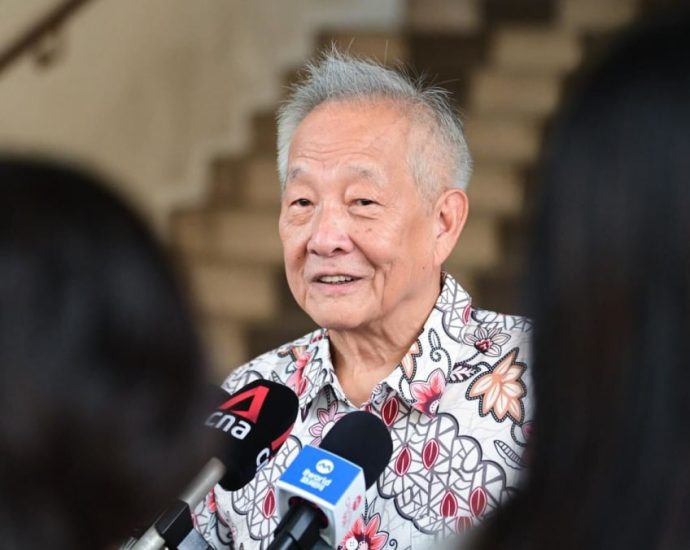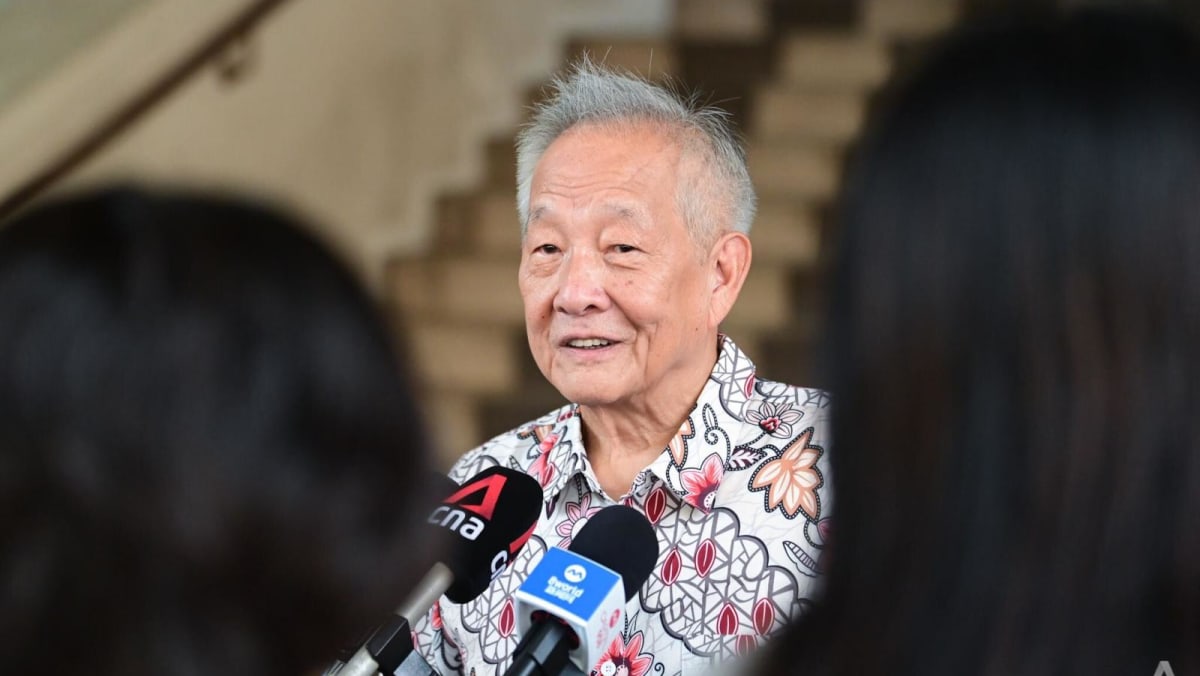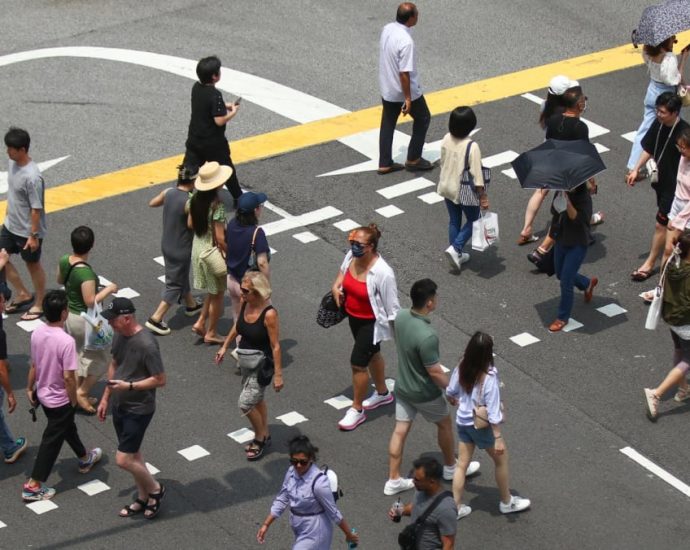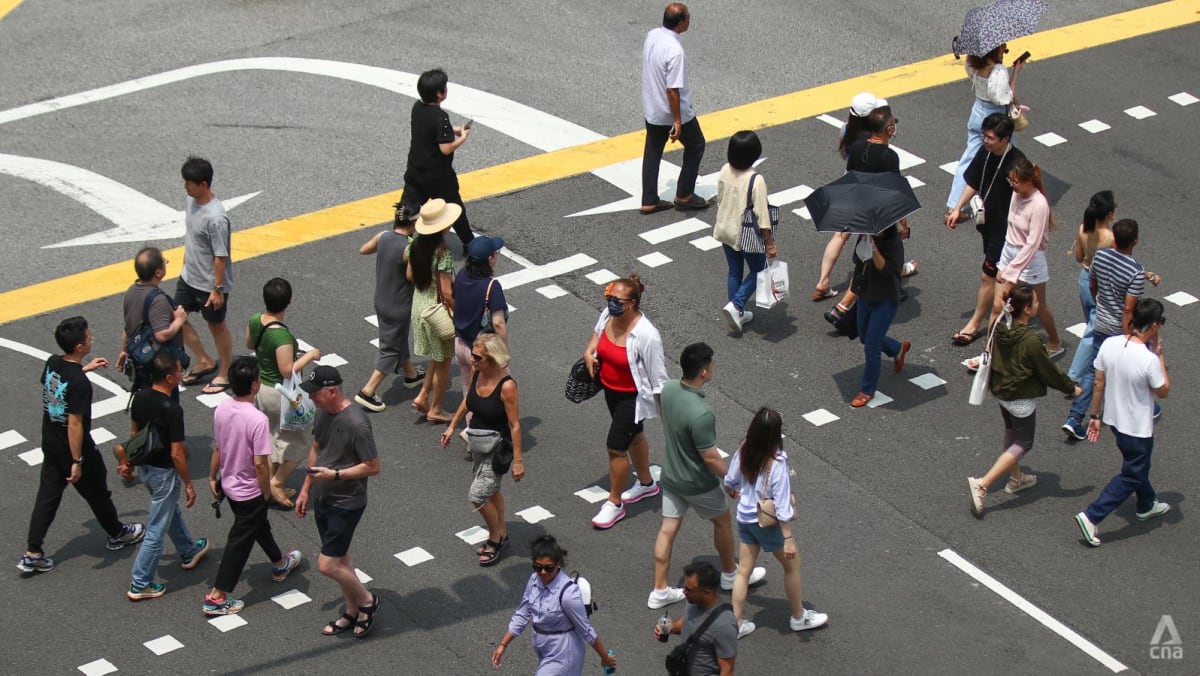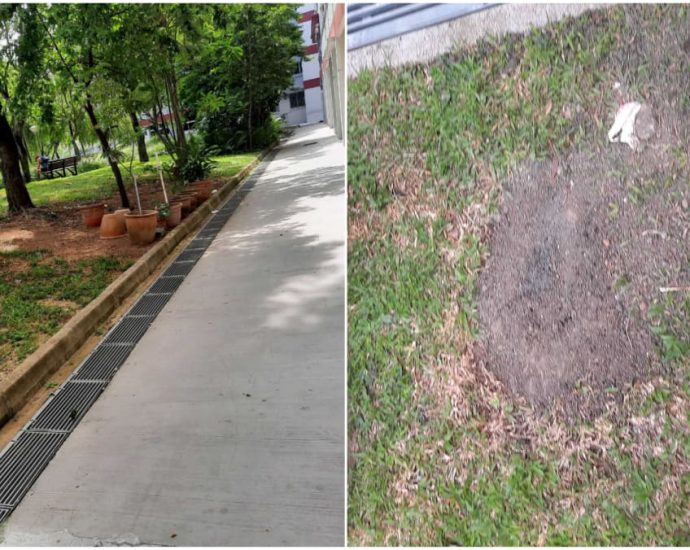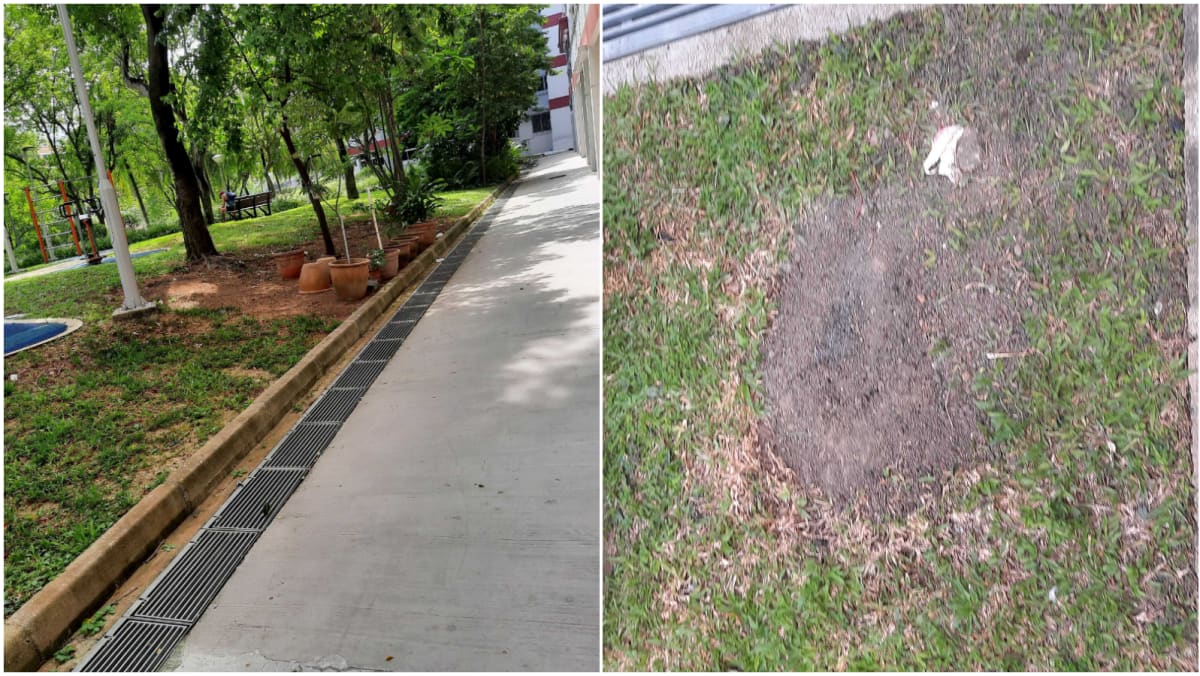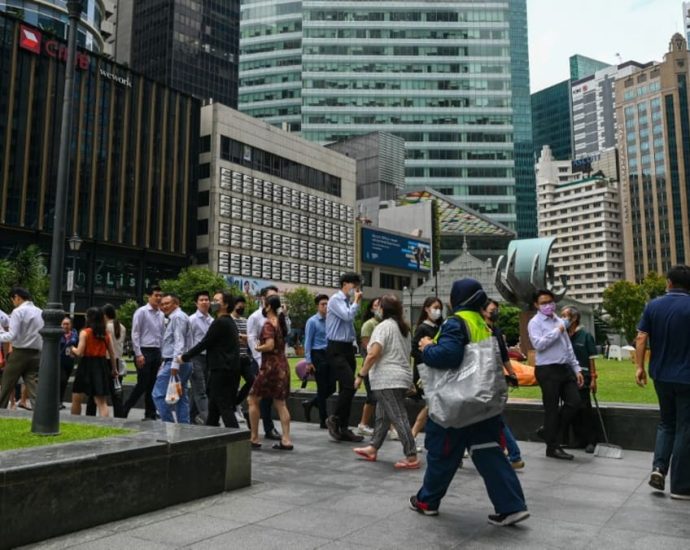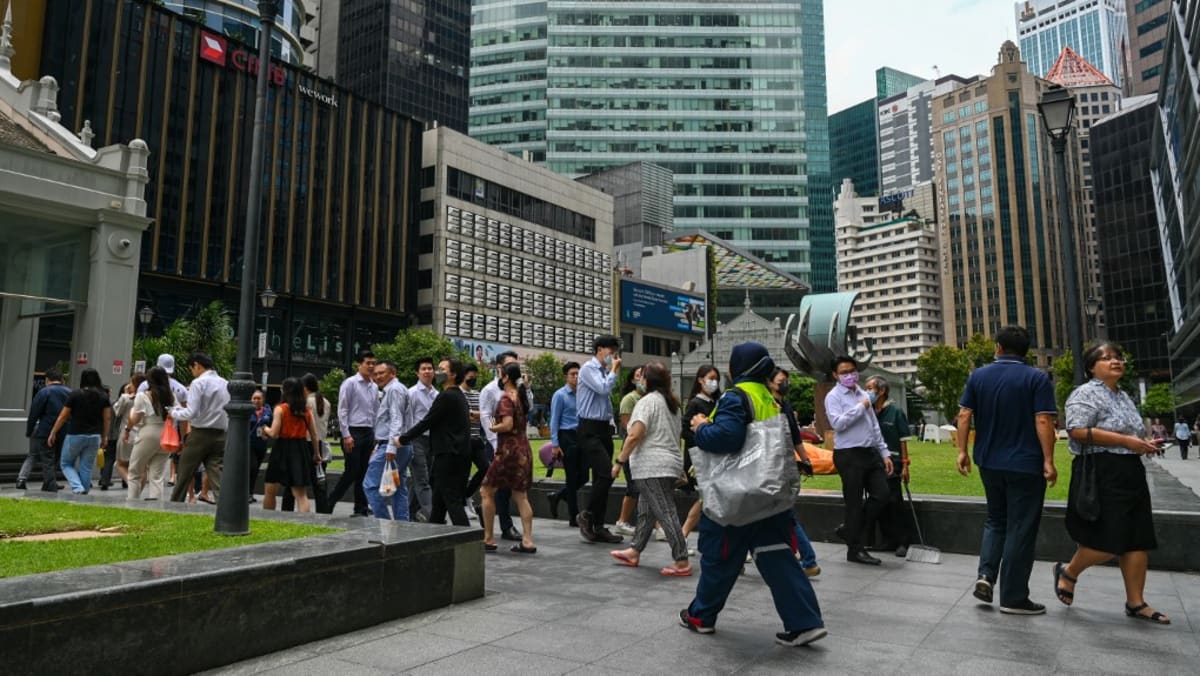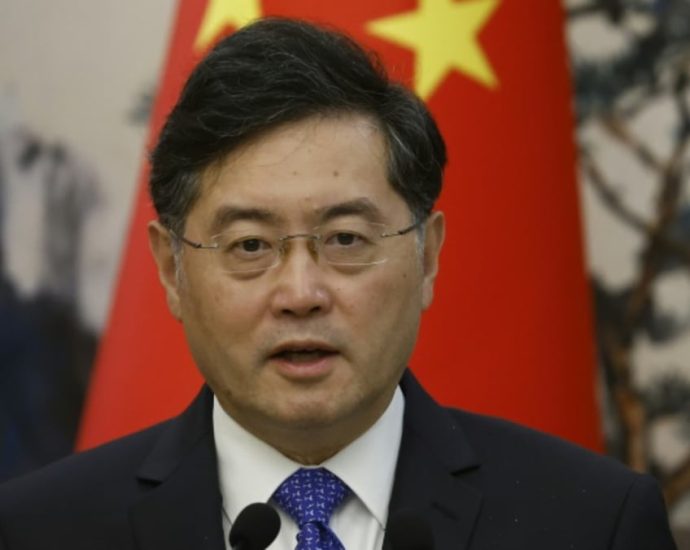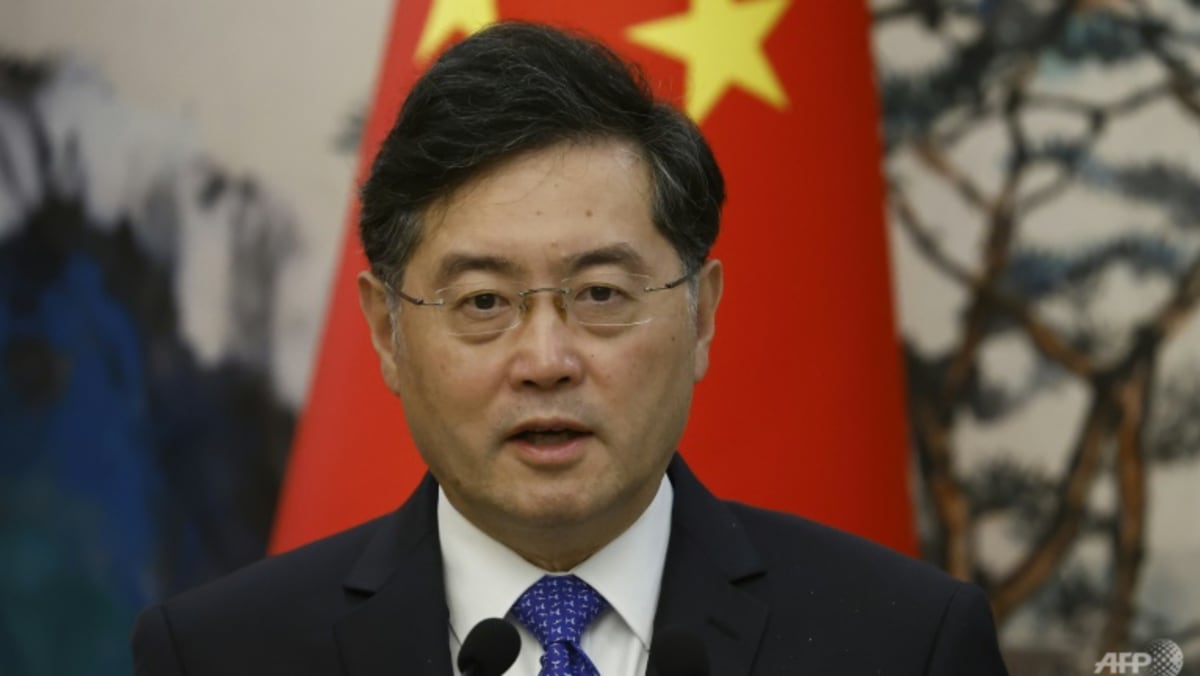Singapore ‘in close contact’ with India to seek exemption from export ban on non-basmati rice

SINGAPORE: Singapore is in close contact with Indian authorities to seek exemption from the country’s ban on the export of non-basmati rice, said the Singapore Food Agency (SFA) on Friday (Jul 28).
India, the world’s biggest rice exporter, banned some overseas sales of rice with immediate effect last Thursday.
India’s consumer affairs and food ministry said the country would ban exports of non-basmati white rice, which accounts for about a quarter of its total exports. The move would “ensure adequate availability” and “allay the rise in prices in the domestic market”, it added.
Non-basmati rice from India makes up about 17 per cent of Singapore’s imported rice, said SFA in response to CNA queries.
In 2022, India accounted for about 40 per cent of Singapore’s imported rice, said the agency, adding that the latter imports rice from more than 30 countries.
“SFA is working closely with importers to increase the import of different varieties of rice from various sources. Singapore is also in close contact with the Indian authorities to seek exemption from the ban,” said SFA in its statement.
India accounts for more than 40 per cent of all global rice shipments, so the decision could “risk exacerbating food insecurity in countries highly dependent on rice imports”, data analytics firm Gro Intelligence said in a note.
Countries expected to be hit by the ban include African nations, Turkey, Syria, and Pakistan – all of them already struggling with high food-price inflation, the firm added.
Global demand saw Indian exports of non-basmati white rice jump 35 per cent year-on-year in the second quarter, said India’s consumer affairs and food ministry at the time of the announcement.
The increase came even after the Indian government banned broken rice shipments and imposed a 20 per cent export tax on white rice in September.




